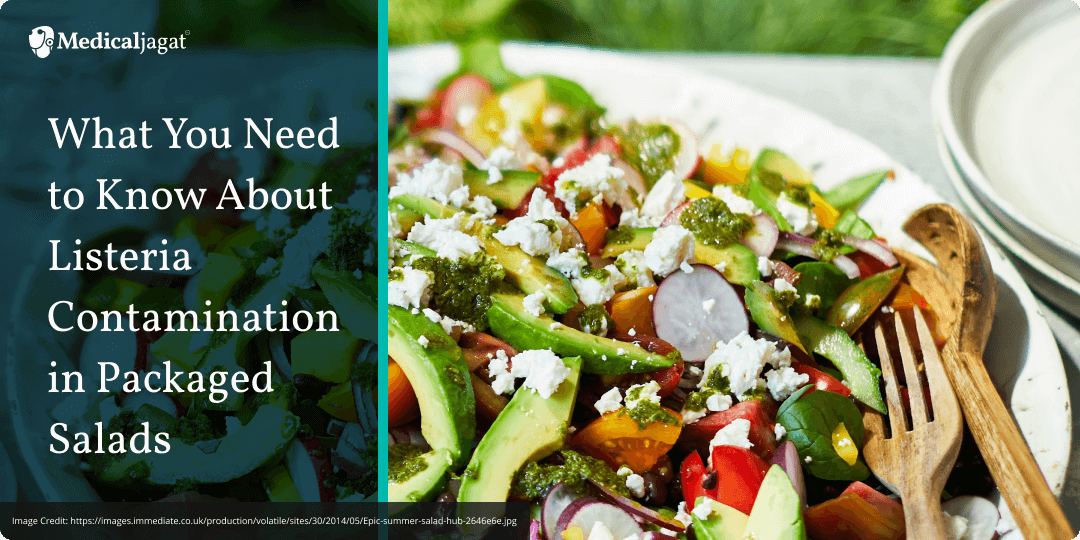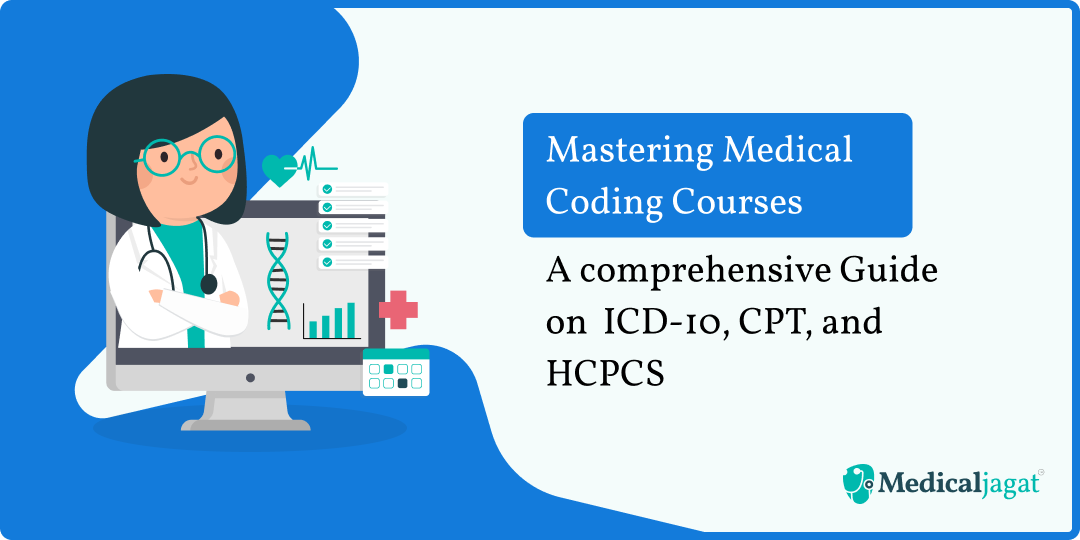
Packaged salads have become a staple for health-conscious consumers, offering a quick, convenient, and nutritious meal option. However, the convenience of these pre-prepared salads comes with a hidden risk—Listeria contamination. Listeria monocytogenes, the bacterium responsible for Listeriosis, has been linked to several outbreaks involving packaged salads in recent years, raising concerns about the safety of these products. In this article, we will explore what you need to know about Listeria contamination in packaged salads, including how it occurs, the associated risks, and how you can protect yourself.
What is Listeria and why is it a Concern?
Listeria monocytogenes is a bacterium that can cause Listeriosis, a serious infection particularly dangerous for pregnant women, newborns, the elderly, and individuals with weakened immune systems. While Listeria is less common than other foodborne pathogens like Salmonella or E. coli, it is far more lethal, with a higher mortality rate, especially in vulnerable populations.
One of the most concerning characteristics of Listeria is its ability to grow at refrigeration temperatures. Unlike many other bacteria that are suppressed by cold, Listeria can continue to multiply in environments as cold as 32°F (0°C), which is why it poses a significant risk in refrigerated, ready-to-eat foods like packaged salads.
How Does Listeria Contaminate Packaged Salads?
The journey from farm to fork for packaged salads is complex, involving multiple steps where Listeria can be introduced. Understanding these points of potential contamination is crucial for preventing outbreaks.
- Farm-Level Contamination: The first stage where contamination can occur is at the farm level. Listeria is found in soil, water, and animal feces, all of which can come into contact with crops during growing and harvesting. If contaminated water is used for irrigation or washing produce, or if the produce is exposed to contaminated soil, the bacterium can be transferred to the vegetables.
- Processing and Packaging: After harvesting, the vegetables are transported to processing facilities, where they are washed, chopped, and packaged. This step is critical, as Listeria can be introduced through contaminated equipment, surfaces, or water used in the washing process. If the facility’s hygiene standards are not rigorously maintained, the bacterium can spread rapidly, contaminating large quantities of produce. Even minor lapses in sanitation can have serious consequences, as Listeria is capable of surviving and proliferating in food processing environments.
- Cold Chain Management: Once packaged, salads are stored and transported under refrigeration. However, if the cold chain is not properly maintained—if, for example, the temperature rises during transportation—Listeria can multiply. The bacterium’s ability to grow at low temperatures makes it especially challenging to control in ready-to-eat salads, which are typically stored for days or even weeks before consumption.
- Retail and Consumer Handling: Even after salads reach the retail shelves, the risk of contamination persists. Poor handling practices at retail, such as improper refrigeration or cross-contamination with other products, can increase the risk. Consumers also play a role in maintaining the safety of packaged salads. Improper storage at home, such as keeping salads at temperatures above 40°F (4°C) or failing to consume them before their expiration date, can allow Listeria to grow to dangerous levels.
The Risks of Listeriosis from Packaged Salads
Listeriosis can range from mild symptoms, such as fever and gastrointestinal distress, to more severe outcomes like meningitis, septicemia, and death. For pregnant women, the risks are particularly severe, as the infection can lead to miscarriage, stillbirth, or life-threatening illness in newborns. Given the potential severity of the illness, even the possibility of Listeria contamination in packaged salads is a significant public health concern.
Several notable outbreaks have underscored the risks associated with Listeria in packaged salads. For example, a major outbreak in 2016 linked to prepackaged salads led to multiple deaths and hospitalizations, prompting widespread recalls and raising awareness of the need for better food safety practices in the production and handling of ready-to-eat produce.
How to Protect Yourself from Listeria Contamination
While the risk of Listeriosis should not deter you from enjoying packaged salads, it is important to take certain precautions to minimize your exposure to Listeria:
- Stay Informed About Recalls: Regularly check for food recalls, especially those involving packaged salads. If a recall is issued, do not consume the affected product and follow the guidance provided by health authorities.
- Observe Expiration Dates: Always check the expiration date on packaged salads and consume them well before this date. The longer a salad is stored, the greater the chance that Listeria could grow if present.
- Proper Refrigeration: Store salads in the refrigerator at 40°F (4°C) or lower, and ensure that your refrigerator is properly maintained. Avoid leaving salads at room temperature for extended periods, as this can allow Listeria to multiply.
- Rinse Produce When Possible: Although many packaged salads are labeled as pre-washed, giving the produce an additional rinse at home can help reduce the risk of contamination. Use cold water and avoid cross-contaminating the salad with raw meats or other potentially contaminated foods.
- Consume Quickly: Once a salad package is opened, it should be consumed quickly to minimize the risk of contamination. Discard any salad that has been stored for too long or that has been left out of the refrigerator.
Conclusion
Packaged salads offer a convenient way to incorporate more vegetables into your diet, but they also come with risks, particularly the risk of Listeria contamination. By understanding how Listeria can contaminate these products and taking steps to protect yourself, you can enjoy the benefits of ready-to-eat salads while minimizing the potential dangers. Food safety is a shared responsibility, and by staying informed and practicing safe food handling, you can help prevent the spread of Listeriosis and protect your health.



